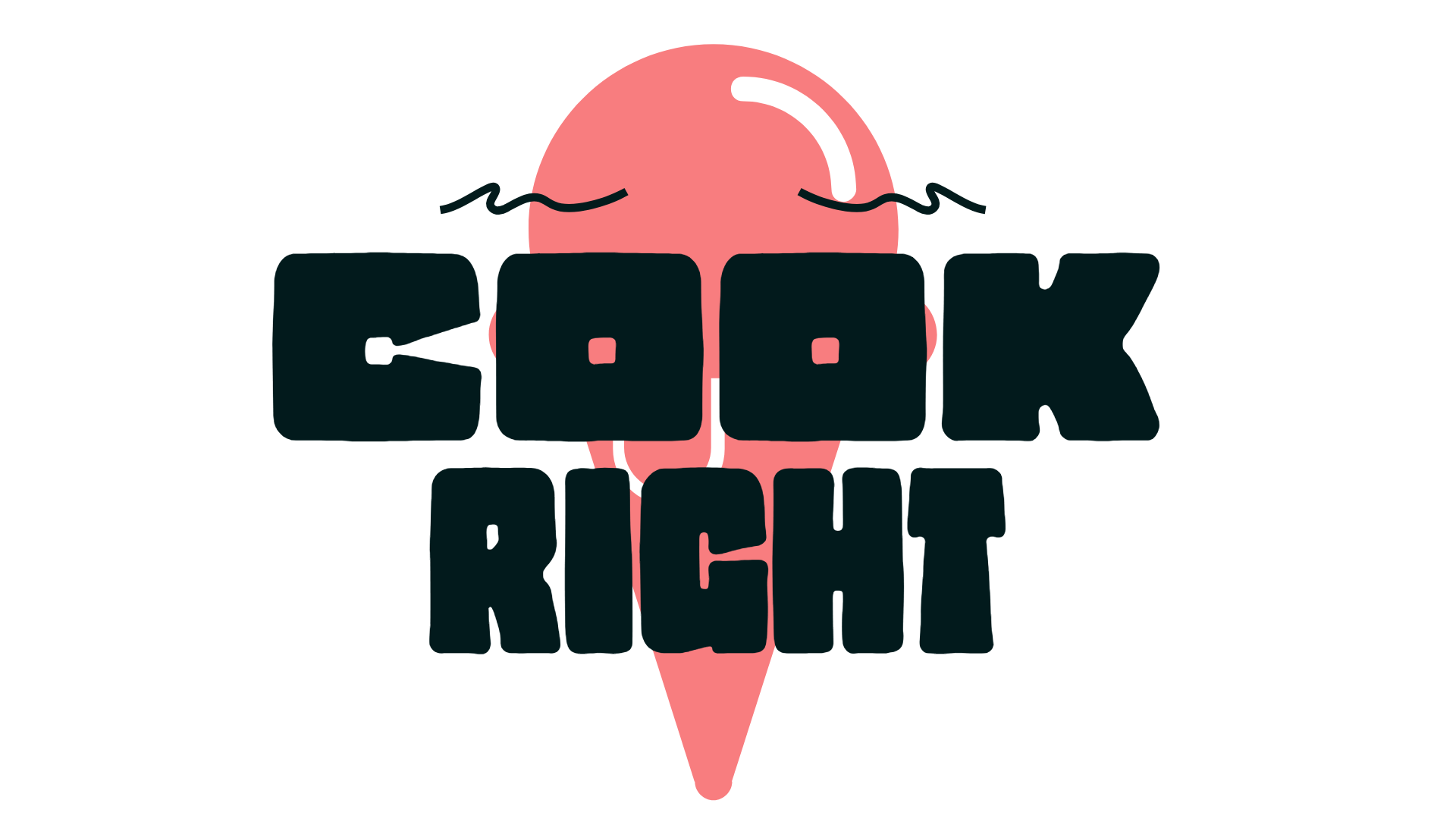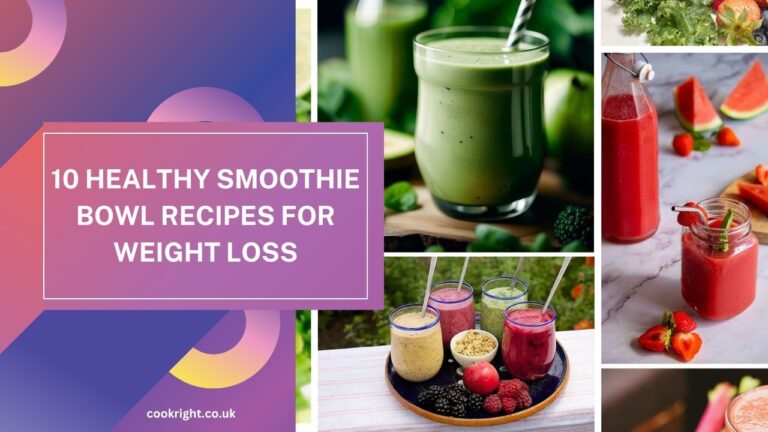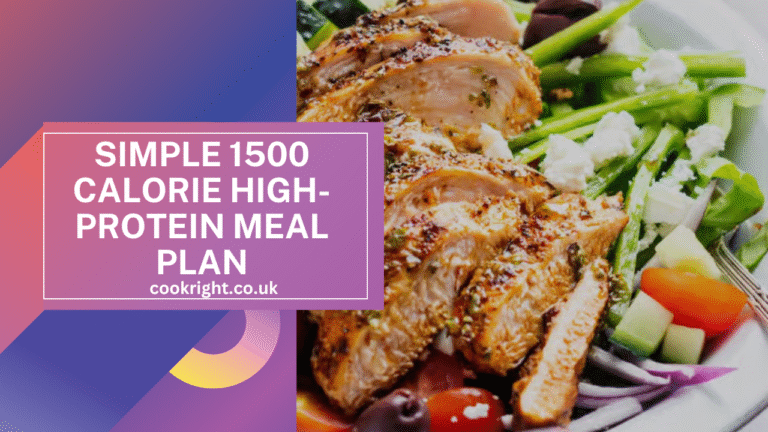Breastfeeding is a crucial phase for both mother and baby, as it provides essential nutrients that aid in the baby’s growth and development. For nursing mothers, maintaining a balanced diet that supports milk production and overall health is paramount. In Nigeria, where food choices are diverse and rich in nutrients, crafting a tailored food timetable can greatly enhance a mother’s energy levels, ensure optimal milk supply, and promote overall well-being. This guide offers a detailed Nigerian food timetable for breastfeeding mothers, highlighting the best foods to include, their nutritional benefits, and tips for maintaining a healthy diet during this important period.
Importance of a Balanced Diet for Breastfeeding Mothers
Breastfeeding mothers need an extra 500 calories per day to support milk production. These calories should come from nutritious sources that are rich in vitamins, minerals, and healthy fats. A well-rounded diet not only helps in maintaining the mother’s health but also ensures that the baby receives adequate nutrition through breast milk. Proper hydration, protein, calcium, iron, and vitamins are essential components of a breastfeeding mother’s diet.
Daily Nigerian Food Timetable for Breastfeeding Mothers
Here’s a detailed daily timetable to help breastfeeding mothers maintain a balanced diet. This timetable includes a mix of traditional Nigerian foods that are rich in nutrients and cater to the dietary needs of nursing mothers.
Monday
Breakfast:
- Oats with Banana and Groundnuts: Oats are a great source of fiber, which aids digestion and helps regulate blood sugar levels. Bananas provide potassium, while groundnuts (peanuts) add healthy fats and protein.
- Pap (Akamu) with Moi Moi: Pap is a fermented maize pudding rich in probiotics, while Moi Moi (bean pudding) provides protein and iron.
Mid-Morning Snack:
- Fruit Salad with Watermelon, Pineapple, and Pawpaw (Papaya): Fruits provide essential vitamins like Vitamin C, which boosts the immune system.
Lunch:
- Jollof Rice with Grilled Chicken and Steamed Vegetables: Jollof rice is a staple Nigerian dish rich in carbohydrates for energy. Grilled chicken provides lean protein, and steamed vegetables add fiber and vitamins.
Afternoon Snack:
- Yoghurt with Chopped Nuts: Yogurt is rich in calcium and probiotics, which support gut health.
Dinner:
- Ewedu Soup with Amala and Fish: Ewedu soup is made from jute leaves, rich in iron and antioxidants. Amala is made from yam flour, providing complex carbohydrates, and fish is an excellent source of omega-3 fatty acids.
Tuesday
Breakfast:
- Whole Wheat Bread with Avocado Spread and Boiled Eggs: This combination provides healthy fats, proteins, and complex carbohydrates to kickstart the day.
Mid-Morning Snack:
- Smoothie with Spinach, Banana, and Milk: A nutritious smoothie loaded with iron, potassium, and calcium.
Lunch:
- Egusi Soup with Pounded Yam and Snail: Egusi soup, made from melon seeds, is rich in protein and healthy fats. Pounded yam is a good source of energy, and snail is rich in iron.
Afternoon Snack:
- Boiled Corn with Coconut: A delicious and nutritious snack high in fiber and healthy fats.
Dinner:
- Pepper Soup with Goat Meat and Plantain: Pepper soup is known for its light, spicy broth that aids digestion and boosts metabolism. Goat meat provides protein, and plantains add complex carbs.
Wednesday
Breakfast:
- Akara (Bean Cakes) with Custard: Akara provides protein and fiber from beans, and custard made from corn flour is fortified with vitamins.
Mid-Morning Snack:
- Sliced Oranges and Apples: A light snack packed with vitamins and natural sugars for energy.
Lunch:
- Fried Rice with Shrimps and Mixed Vegetables: Fried rice offers a balance of carbs, protein, and veggies, while shrimp adds iodine and protein.
Afternoon Snack:
- Groundnut Soup with Uji (Fermented Millet Porridge): Groundnut soup is rich in healthy fats and protein, while Uji provides a probiotic boost.
Dinner:
- Ogbono Soup with Fufu and Chicken: Ogbono soup is known for its thick, mucilaginous texture and is rich in dietary fiber. Fufu, a starchy accompaniment, is made from cassava, and chicken provides lean protein.
Thursday
Breakfast:
- Yam Porridge with Vegetables: A hearty dish made with yam, palm oil, and leafy greens rich in vitamins A and C.
Mid-Morning Snack:
- Carrot Sticks with Hummus: A light, crunchy snack that provides fiber and protein.
Lunch:
- Banga Soup with Starch and Fresh Fish: Banga soup is made from palm fruit extract and is rich in antioxidants and healthy fats. Starch provides energy, and fresh fish adds protein.
Afternoon Snack:
- Mixed Nuts and Dried Fruits: A quick snack that provides a good mix of healthy fats, proteins, and natural sugars.
Dinner:
- Okra Soup with Garri and Beef: Okra is high in fiber, which aids digestion, while Garri (cassava flakes) provides energy. Beef is a great source of iron and protein.
Friday
Breakfast:
- Plantain Frittata with Bell Peppers and Onions: A delicious and filling meal rich in vitamins, fiber, and protein.
Mid-Morning Snack:
- Pineapple Slices and Coconut Water: Pineapple is rich in Vitamin C, and coconut water helps in hydration.
Lunch:
- Beans and Dodo (Fried Plantain): Beans are high in protein and fiber, and plantain adds a sweet, nutritious component.
Afternoon Snack:
- Puff Puff with a Glass of Zobo Drink: Puff puff is a sweet, fried dough snack, and Zobo (hibiscus tea) is rich in antioxidants.
Dinner:
- Vegetable Soup with Semovita and Turkey: Vegetable soup made from assorted leafy greens provides vitamins and minerals, while Semovita (wheat-based swallow) and turkey add carbs and lean protein.
Saturday
Breakfast:
- Moi Moi with Pap: A protein-packed breakfast to keep you energized throughout the morning.
Mid-Morning Snack:
- Apple and Peanut Butter: Apples provide fiber and vitamins, and peanut butter offers protein and healthy fats.
Lunch:
- Oha Soup with Eba and Fish: Oha soup is made with Oha leaves, rich in iron and other nutrients, and Eba (garri) provides energy.
Afternoon Snack:
- Crackers with Cheese: A light snack that combines carbs and protein.
Dinner:
- Spaghetti Jollof with Shredded Chicken and Vegetables: A balanced meal rich in carbohydrates, protein, and vitamins from the vegetables.
Sunday
Breakfast:
- Pancakes with Honey and Fruits: A sweet and nutritious breakfast to enjoy on a relaxed Sunday morning.
Mid-Morning Snack:
- Yoghurt with Granola and Berries: This combination is rich in probiotics, fiber, and antioxidants.
Lunch:
- Bitterleaf Soup with Wheat and Goat Meat: Bitterleaf soup is known for its detoxifying properties and is paired with wheat for energy and goat meat for protein.
Afternoon Snack:
- Suya with Onions and Tomatoes: A popular Nigerian street food made from spiced meat, high in protein and flavor.
Dinner:
- Porridge Beans with Plantain and Vegetable Sauce: A wholesome dish high in fiber, protein, and vitamins.
Nutritional Tips for Breastfeeding Mothers
- Stay Hydrated: Breastfeeding increases the need for fluids, so drink plenty of water, milk, and natural juices to stay hydrated.
- Focus on Iron-Rich Foods: Foods like green leafy vegetables, beans, meat, and fish are excellent sources of iron, which is essential to prevent anemia.
- Include Healthy Fats: Foods like avocados, nuts, seeds, and oily fish are rich in healthy fats that are important for brain health and hormone regulation.
- Avoid Highly Processed Foods: Limit the intake of junk food, sugary snacks, and heavily processed items as they provide little nutritional value.
- Eat Frequent, Balanced Meals: Aim for three main meals and two to three snacks daily to maintain energy levels and support milk production.
- Limit Caffeine and Alcohol: Both caffeine and alcohol can pass into breast milk, so it’s best to limit their intake.
- Supplement When Necessary: Consult with a healthcare provider about the need for supplements like iron, calcium, or multivitamins, especially if you have specific dietary restrictions.
Conclusion
A well-planned Nigerian food timetable for breastfeeding mothers can ensure that both mother and baby receive the necessary nutrients for health and vitality. Incorporating a variety of traditional dishes that are rich in essential vitamins, minerals, and proteins will help meet the nutritional demands of breastfeeding. Remember, every mother’s nutritional needs can vary, so it’s always a good idea to consult with a healthcare professional to tailor a diet plan that best suits your individual requirements.








